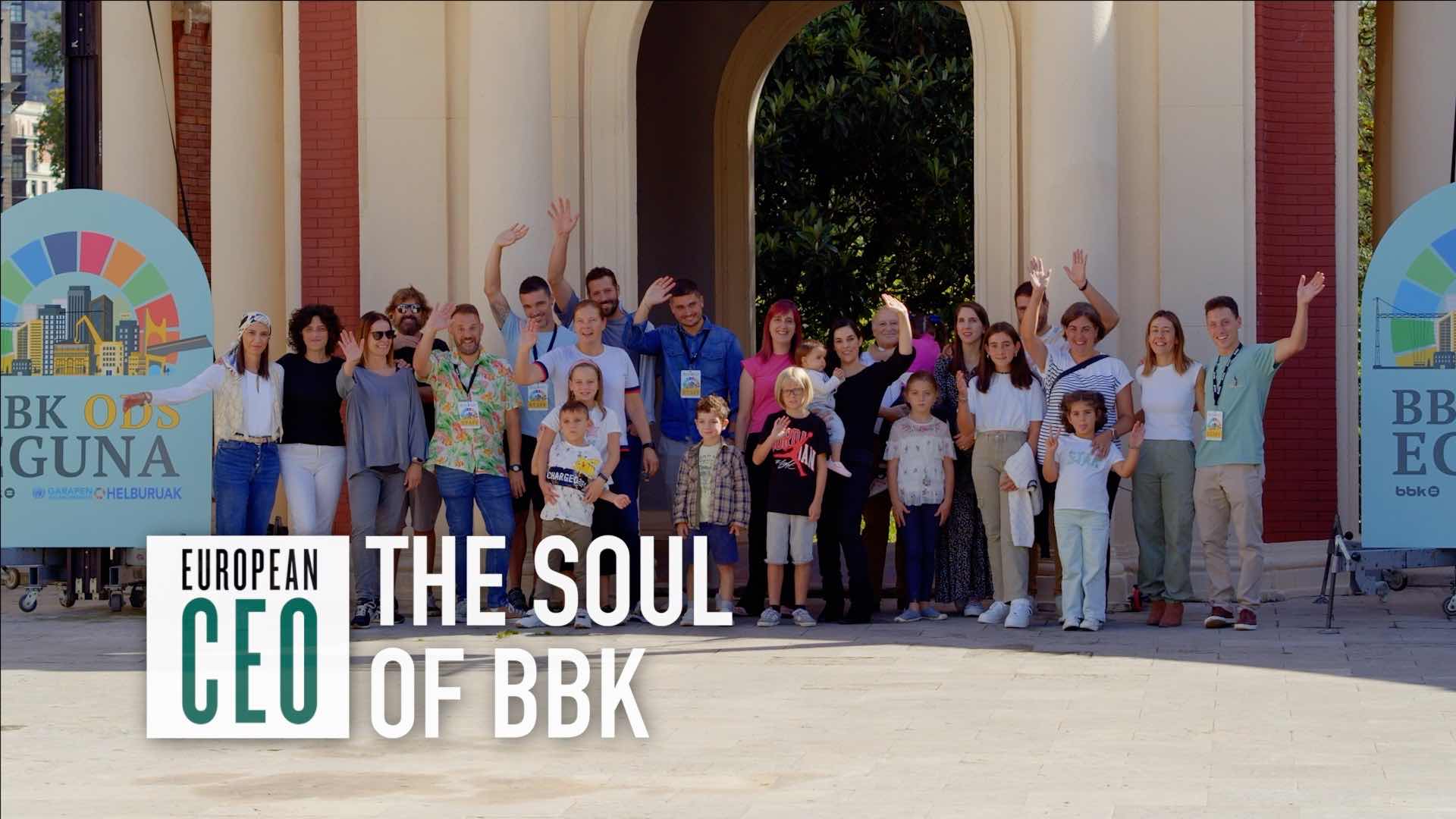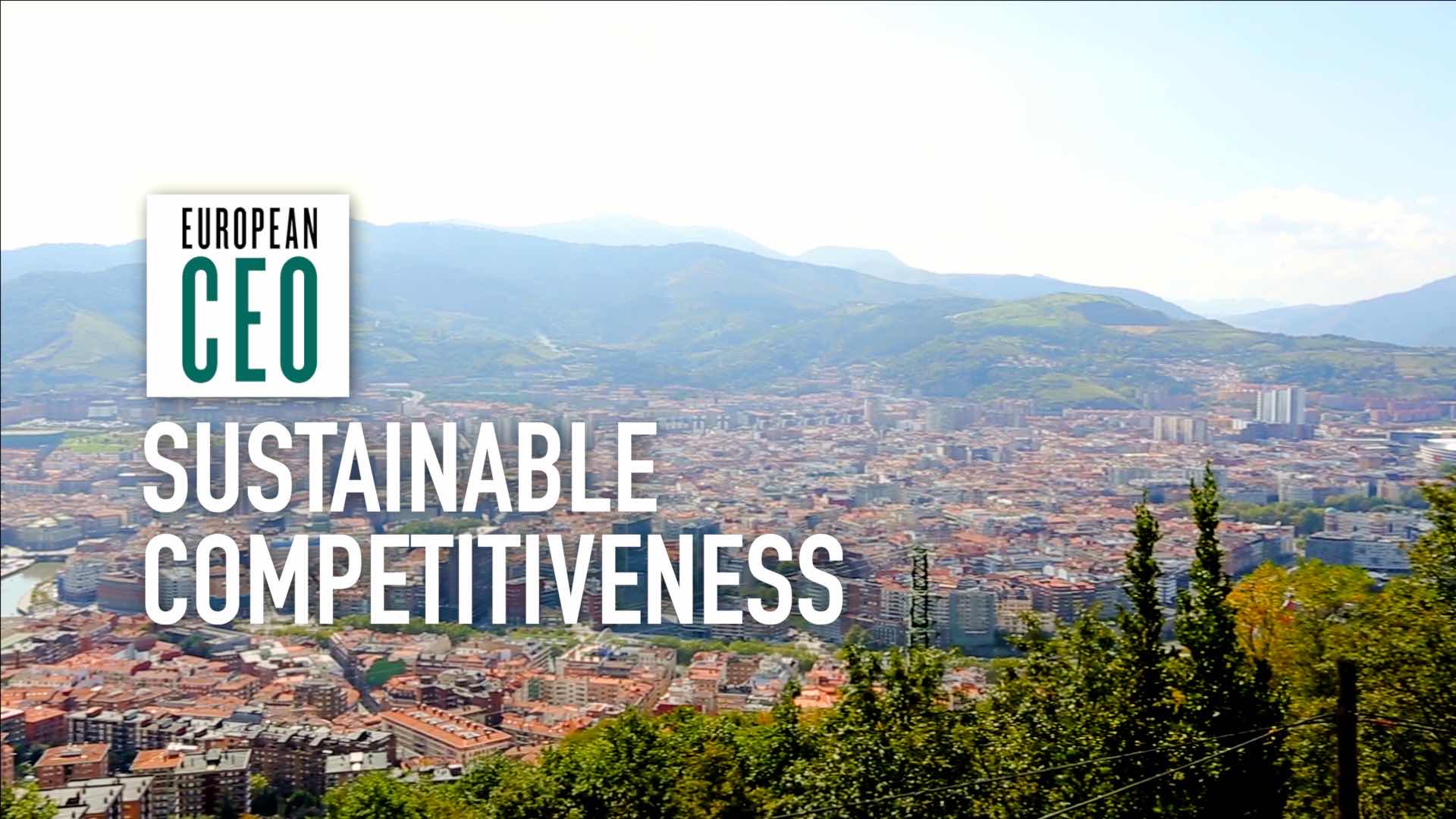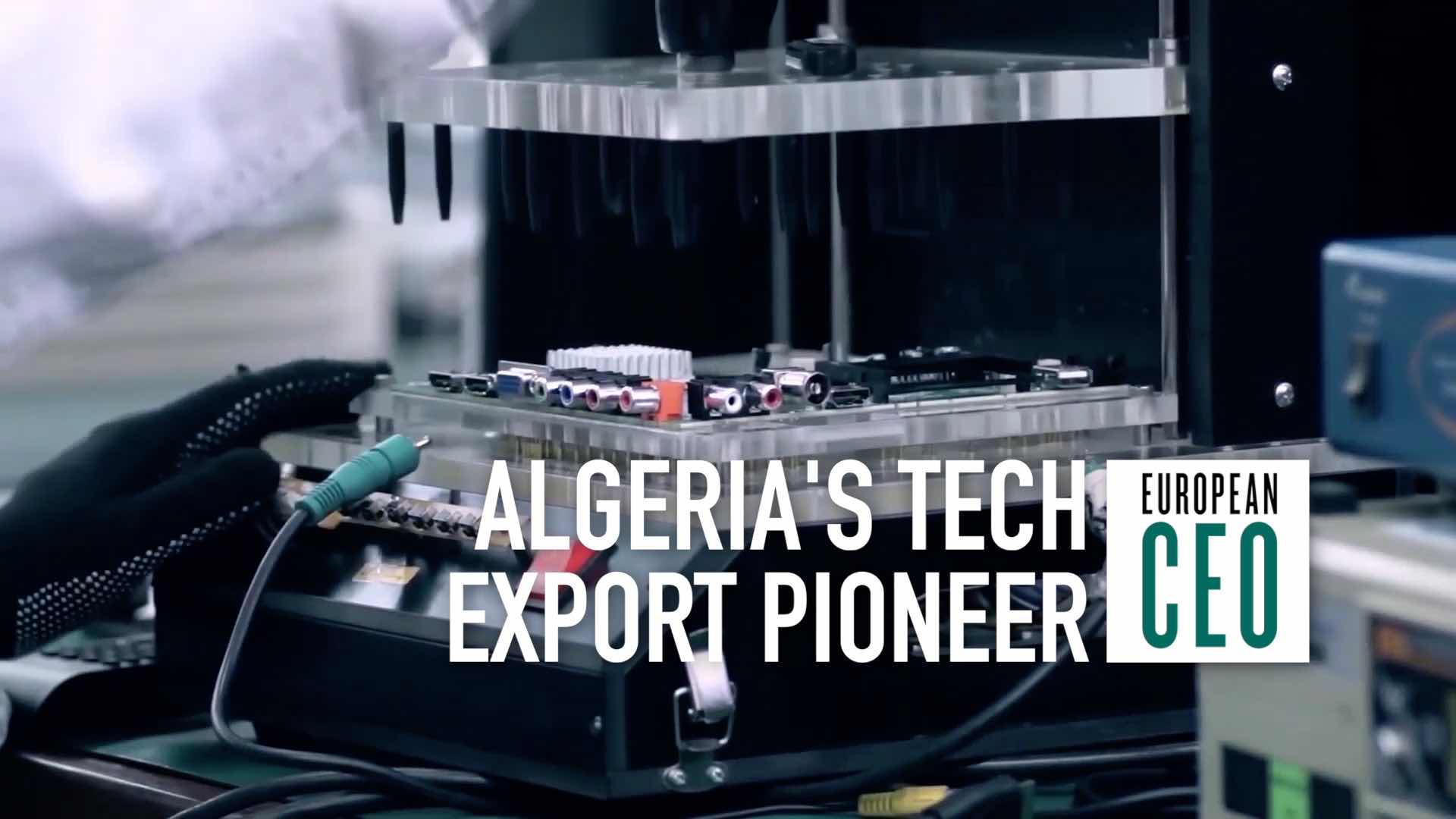Oil price drop: GCC’s winners and losers
Dubai and Abu Dhabi prepared for a rainy day, but all countries in the region can benefit from this cycle, says Korosh Farazad
Transcript
European CEO speaks with Korosh Farazad, Chairman and CEO of Farazad Investments, on the changes to Gulf investors’ appetites since the latest drop in oil prices.
As oil prices continue their steep decline, a few companies have been able to continue building industry momentum. Korosh Farazad joins me with his thoughts on what separates the winners from the losers.
European CEO: First let’s talk about how the drop in prices has impacted the industry.
Korosh Farazad: Well, that’s an interesting one: the drop in prices has certainly impacted the industry, but primarily to the GCC states. We are seeing obviously clear concerns of the depreciation of their capital – in terms of profits – on their balance sheet, which minimises their ability to provide comfort to their own people; in expanding on their infrastructure and any other possible requirements that they need in terms of domestic developments.
On the other side there are advantages to this decrease for non-oil producing countries. We believe that this scenario’s going to maintain for some time, until there’s a balance in the pricing.
European CEO: So tell me, as the GCC states are looking to continue building and continue their dominance in the industry. How have they been able to strategise a survival plan?
Korosh Farazad: Some of the GCC states have managed – way before the devaluation of oil – to diversify their investments in other sectors. A perfect example is Dubai. They built up and developed sectors for tourism, their logistics, their Dubai ports. Everything they did was because they were ready for a rainy day.
On the other hand, the other states that are trying to follow what Dubai and Abu Dhabi have done? They are slightly behind.
They are trying to diversify their opportunities, but sometimes it’s a little too late to do these types of scenarios, because the markets and the pricing have now increased due to the recovery of the economy worldwide – not just in one particular country.
We are seeing now that the Qataris, the Kuwaitis, and of course the Emiratis, are doing an enormous amount of outward investment, deploying capital in the US, Europe and of course the UK, to basically generate a yield of anywhere from six to nine percent. They know that it is safe and that they will be able to at least generate this yield until the price of oil basically maintains a threshold.
European CEO: So tell me about some of the other countries that have been less prepared in the region.
Korosh Farazad: Saudi Arabia was not prepared for this, and they still not prepared for this.
16 months ago, his highness Prince Al-Waleed indicated that if the Saudi government does not diversify its investments outside, there would be a rude awakening for them. This is exactly what the Saudi government is seeing.
They are trying aggressively to expand on diversification of investments outside the region. And they are doing it, but the pricing is a little bit challenging for them, based on what they could have purchased two years ago or three years ago with a 15 to 20 percent haircut; now it’s marked up 15 to 20 percent.
European CEO: Place Farazad Investments in this larger picture: how then do you advise your clients, given the situation that the region is facing right now?
Korosh Farazad: It goes back to winners and losers again. Each country has an ability to benefit and to gain from this cycle.
We are not advising in a negative perspective; Farazad Investments’ responsibility is to make sure that we provide the best possible advice to our equity investors and the institutional lenders that we approach to raise capital on a potential project or development.
So what we do is basically, we look at what is available, we see if the pricing does in reality make sense. We see if the overall yield, the market cap on the particular transaction, whether it is a real estate development financing, whether it’s a power plant… whatever it may be. We look in the numbers to make sure that for that potential client: does it make sense for them economically, to deploy their capital into that particular asset outside of their country.
European CEO: So let’s pick out some regional players. You’ve talked about some who have diversified away from oil: who are you advising your clients to seek out some of these nascent opportunities.
Korosh Farazad: Real estate you can’t go wrong with. Real estate development financing; of course real estate also has its negative impact as well. If the components in a real estate transaction are not in place, in terms of your overall structure, in terms of the vision, in terms of your exit strategy, then it’s not even worth it.
Most of the Gulf states look for transactions in terms of real estate that are revenue generating. They are not looking for short-term investments; they are looking for long-term investments. And this is what we advice on.
European CEO: The real estate market of course is buoyed by market pressures; is it mostly commercials that people are focusing on?
Korosh Farazad: It’s mostly commercials and hotels. Ok, we see the Qataris are diversifying their interests not only in the UK, of course in the US and also in the Western Germany area.
Now they are also doing renewable energies as well. But going back to the real estate, they like to purchase generating assets. This way they can improve on it, sit on it for approximately five years, because they have the capital, but unfortunately some of the countries in the Middle East don’t have that capital. What they are doing right now is benefiting from the reduction of the price of oil.
European CEO: So let’s look beyond these short term factors and talk about how Farazad is looking into the future and advising clients. Are you still going to be very much focused on real estate?
Korosh Farazad: Our core appetite is real estate, but we still diversify interest subject to what type of transaction our clients are interested to explore. We seek for those opportunities and if we see those opportunities do carry economical weight, then we proceed forward with them.
European CEO: Overall, GCC countries… your outlook: optimistic? Do you think we’re going to see a rebound?
Korosh Farazad: I think the regional counties like Egypt, Libya, Tunisia, those countries may have more benefits at this moment, in terms of the political issues and government issues have settled. I think those countries are looking with a more broader vision to benefit from those opportunities and I think those countries will benefit from it. But in terms of GCC, I think it’s going to take a while.
European CEO: Ok fascinating conversation, Korosh; thank you for joining me today


 Sustainable competitiveness: How BBK is building a better future for Biscay | Part Two
Sustainable competitiveness: How BBK is building a better future for Biscay | Part Two Sustainable competitiveness: How BBK is building a better future for Biscay | Part One
Sustainable competitiveness: How BBK is building a better future for Biscay | Part One Algeria’s tech export pioneer hopes to create 1,000 new businesses
Algeria’s tech export pioneer hopes to create 1,000 new businesses